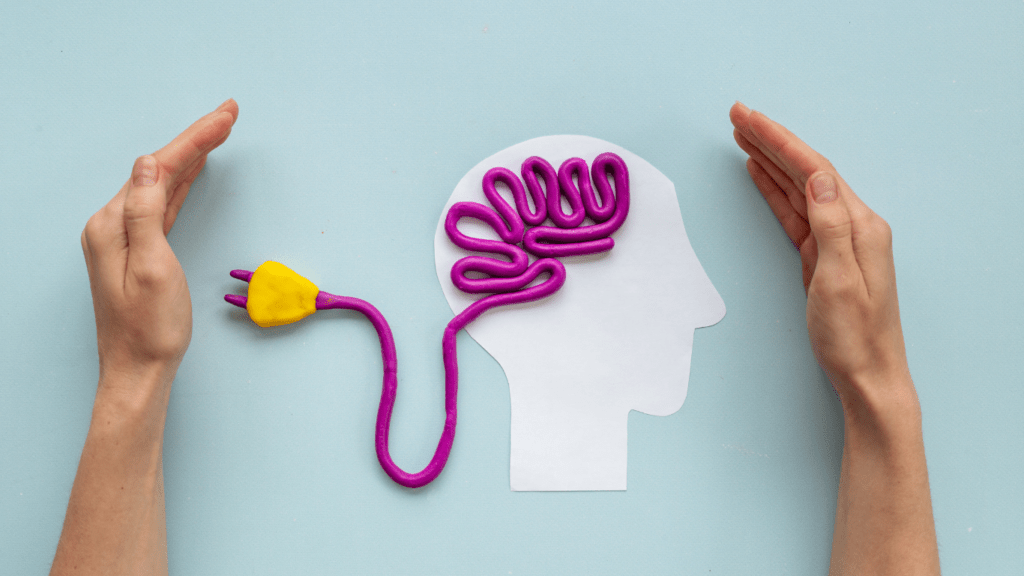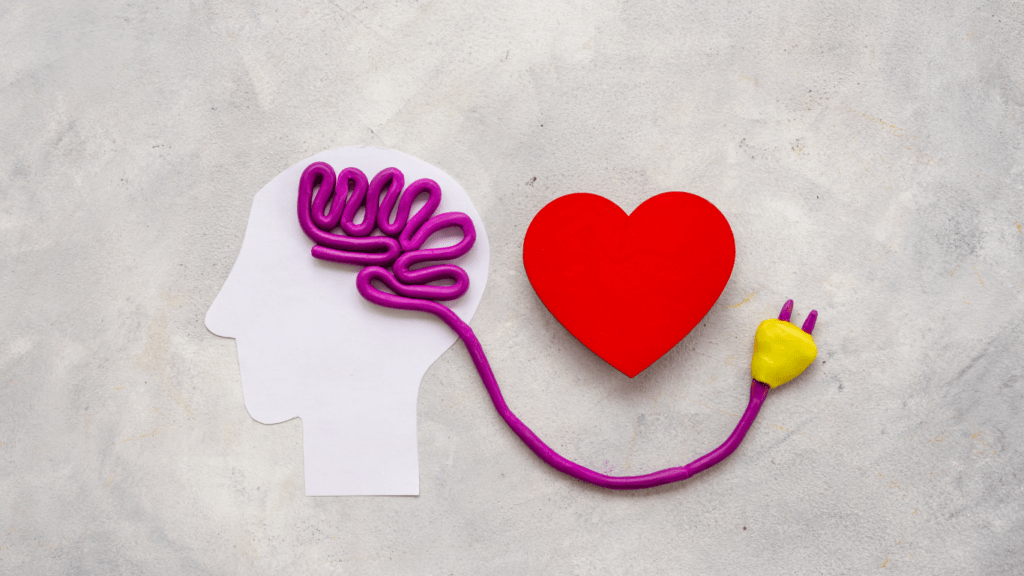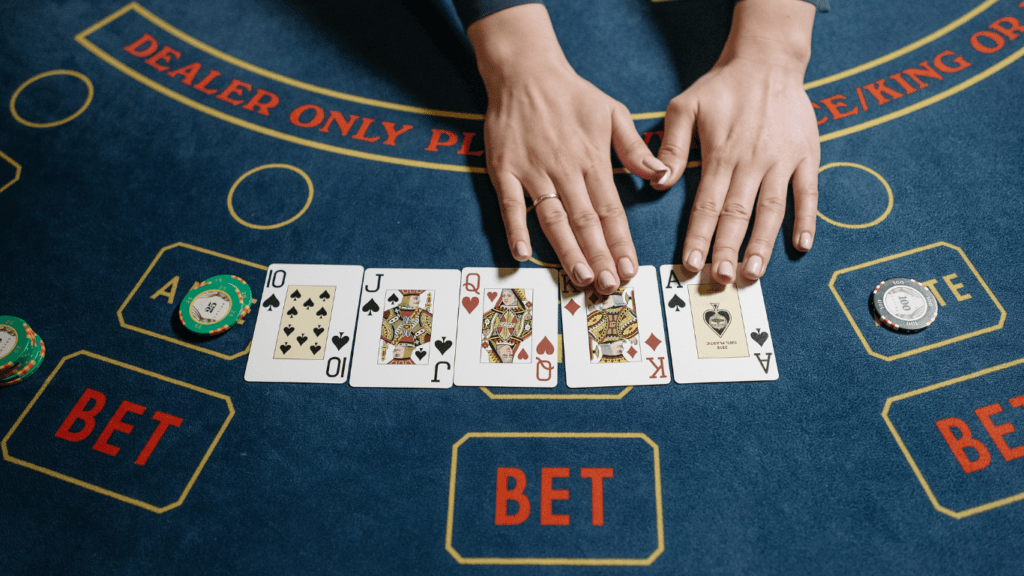Delving into the realm of gambling unveils a fascinating interplay of psychology and risk. As I explore the intricate web of motivations that drive individuals to take risks in the world of gambling, a myriad of factors come to light. From the allure of potential rewards to the thrill of uncertainty, the psychology behind risk-taking in gambling is a captivating subject that sheds light on human behavior in its most daring form.
In my analysis, I’ll delve into the cognitive processes that influence decision-making in high-stakes environments, unraveling the intricate dance between risk appetite and psychological triggers. Understanding the underlying mechanisms behind why individuals are drawn to risk in gambling not only provides insight into human nature but also offers a glimpse into the complexities of our minds when faced with uncertainty.
The Psychology Behind Risk-Taking in Gambling
Exploring the psychology behind risk-taking in gambling provides fascinating insights into human behavior. In high-stakes environments, cognitive processes play a significant role in influencing decision-making. Understanding the motivations that drive individuals to take risks in gambling is crucial for unraveling the complexities of human nature.
The Role of Dopamine in Risk-Taking
Dopamine, often referred to as the “feel-good” neurotransmitter, plays a crucial role in risk-taking behavior. When individuals engage in gambling activities, the brain releases dopamine in response to the anticipation of potential rewards. This neurotransmitter reinforces the pleasure associated with the risk-taking process, contributing to the addictive nature of gambling.
Risk-Seeking Behavior and Uncertainty
Risk-taking in gambling is closely linked to individuals seeking excitement and thrill. The element of uncertainty in gambling outcomes triggers a sense of exhilaration and arousal in players. The desire for excitement drives individuals to take risks, as the adrenaline rush associated with uncertain outcomes heightens the overall gaming experience.
- Emotional Influences on Risk Appetite
Emotions also play a significant role in shaping risk appetite in gambling scenarios. Positive emotions, such as excitement and euphoria following a win, can lead individuals to take higher risks in pursuit of greater rewards. Conversely, negative emotions, such as frustration or disappointment from losses, may drive individuals to engage in riskier behavior to recoup their losses.
- Cognitive Biases and Decision-Making
Cognitive biases can significantly impact the decision-making process in gambling. The illusion of control, for instance, leads individuals to overestimate their ability to influence random outcomes, encouraging greater risk-taking behavior. Understanding these cognitive biases is essential for evaluating the rationality of decisions made in gambling contexts.
Social Influences on Risk-Taking
Social factors also influence risk-taking in gambling, with peer pressure and social norms impacting individual behavior. Observing others taking risks or receiving rewards can influence one’s own risk appetite and decision-making. The social environment in which gambling occurs can shape an individual’s propensity for risk-taking behavior.
The Influence of Environment on Risk-Taking
When it comes to risk-taking in gambling, the environment plays a pivotal role in shaping behavior. Let’s explore how different aspects of our surroundings can impact our propensity for taking risks.
Social Settings
In social settings, such as casinos or online gambling platforms, the presence of peers and competitors can significantly influence our risk-taking tendencies. The urge to impress others or the desire to outperform rivals may push individuals to take greater risks than they would in isolation. Additionally, social norms and expectations within a group can normalize risky behavior, leading individuals to emulate the actions of their peers even if they would not typically engage in such behavior on their own.
Physical Surroundings
The physical environment in which gambling takes place can also affect risk-taking behavior. Factors such as the layout of a casino, the presence of bright lights and stimulating sounds, and the accessibility of alcohol can all contribute to heightened levels of risk-taking. For example, intricate maze-like designs in casinos can disorient players, leading to impulsive decision-making and increased risk appetite. The ambient atmosphere created by the physical surroundings can amplify the excitement and adrenaline rush associated with gambling, prompting individuals to take more risks than they normally would in a different setting.
Psychological Factors Affecting Risk-Taking
Expanding on the psychological aspects influencing risk-taking in gambling, I’ll delve deeper into the cognitive processes that drive decision-making. The brain’s reward system plays a pivotal role in how individuals assess risks and rewards in gambling scenarios. When presented with the possibility of winning big, the brain releases dopamine, a neurotransmitter associated with pleasure and reinforcement. This surge of dopamine can lead to heightened risk-taking tendencies as the brain seeks to replicate the pleasurable experience.
Moreover, emotions wield significant influence over risk propensity in gambling. Emotional states such as excitement, fear, or frustration can cloud judgment and lead individuals to take greater risks than they initially planned. The emotional rollercoaster that often accompanies gambling can skew perception and escalate risk appetite, as individuals chase the emotional highs associated with winning.
Social factors also weigh heavily on risk-taking behavior in gambling environments. Peer pressure and social norms can push individuals to engage in riskier behavior than they would alone. Competition, whether with friends or strangers, can fuel a desire to outperform others and take more significant risks to achieve a competitive edge. The presence of others can create a social facilitation effect, where individuals are inclined to take greater risks in a group setting to conform to perceived social expectations.
In addition to social influences, the physical environment of gambling spaces plays a critical role in shaping risk-taking tendencies. Casino layouts, with their vibrant lights, sounds, and proximity to reward-related stimuli, are meticulously designed to enhance the gambling experience and encourage riskier behavior. The sensory overload in casinos can impair decision-making processes, leading individuals to underestimate the inherent risks involved and overvalue potential rewards. This environment can prime individuals to take more substantial risks than they would in a neutral setting.
Understanding the intricate interplay of psychological factors and environmental cues is essential in unraveling the complex dynamics of risk-taking behavior in gambling. By recognizing how cognitive processes, emotions, social influences, and physical surroundings intersect, we gain insight into the multifaceted nature of risk assessment and decision-making in gambling contexts.
The Role of Dopamine in Gambling Behavior
Discussing the role of dopamine in gambling behavior, I’d like to emphasize the significant impact this neurotransmitter has on our brain’s reward system. Dopamine plays a crucial role in reinforcing pleasurable behaviors, which can be particularly relevant in the context of gambling. The release of dopamine in response to certain stimuli, such as winning a bet or anticipating a reward, can create a sense of euphoria and reinforce the desire to engage in further risky behaviors.
Understanding how dopamine influences our behavior in gambling situations is essential. When dopamine is released in the brain, it can lead to heightened motivation, increased focus, and a sense of anticipation. This neurotransmitter can amplify the feelings of excitement and pleasure associated with gambling wins, driving individuals to seek out similar experiences to replicate those positive feelings.
In the realm of gambling psychology, dopamine’s role is fundamental in shaping our risk-taking tendencies. The surge of dopamine accompanying a win can create a powerful psychological association between risk-taking behavior and the resulting pleasure, leading individuals to take more risks in pursuit of that rewarding feeling. It’s important to recognize the impact of dopamine on our decision-making processes in gambling scenarios, as it can significantly influence our attitudes towards risk and reward.




